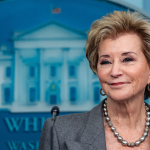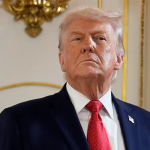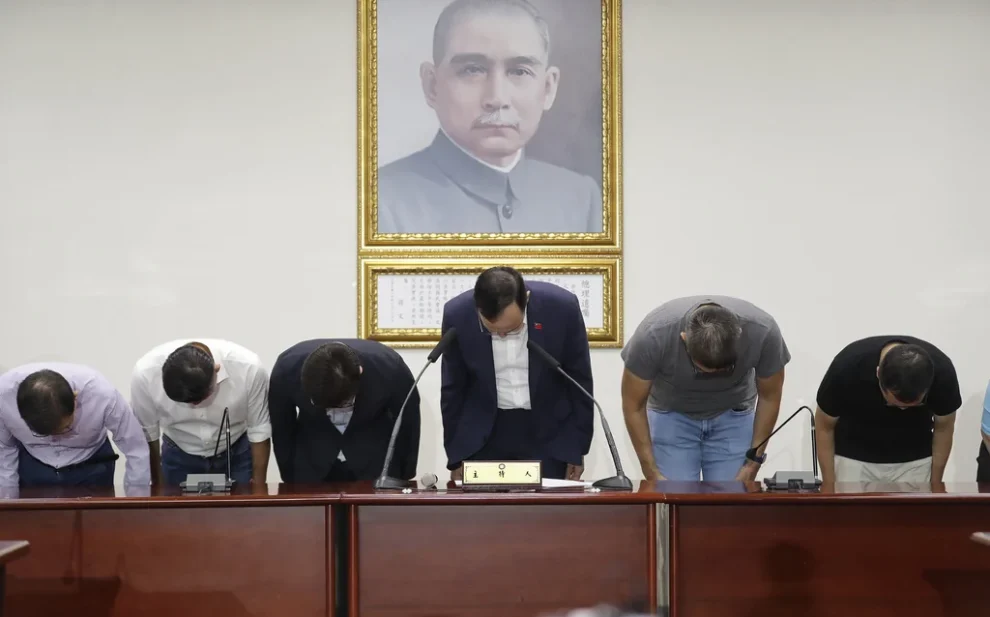The “Great Recall” of more than two dozen opposition lawmakers in Taiwan over the weekend greatly disappointed the president and his progressive supporters.
All 24 members of the Kuomintang, or KMT, survived the coordinated challenge of their office on Saturday, smashing the ruling Democratic Progressive Party’s hopes of taking control in the Legislative Yuan. Hsinchu Mayor Kao Hung-an, also a member of the KMT, survived her Saturday recall as well.
David Sacks, a fellow for Asia Studies at the Council on Foreign Relations, told the Washington Examiner that no one imagined the KMT voters would make such a successful rebuke.
“I don’t think that anybody can honestly say that they were expecting this result,” Sacks told the Washington Examiner. “Most observers saw the movement as having real momentum and the assumption was that if they were able to collect all of these signatures, that they would be able to flip at least a few of these seats, or at least recall a few of the lawmakers and then the KMT would have had to nominate new people who may be more moderate.”
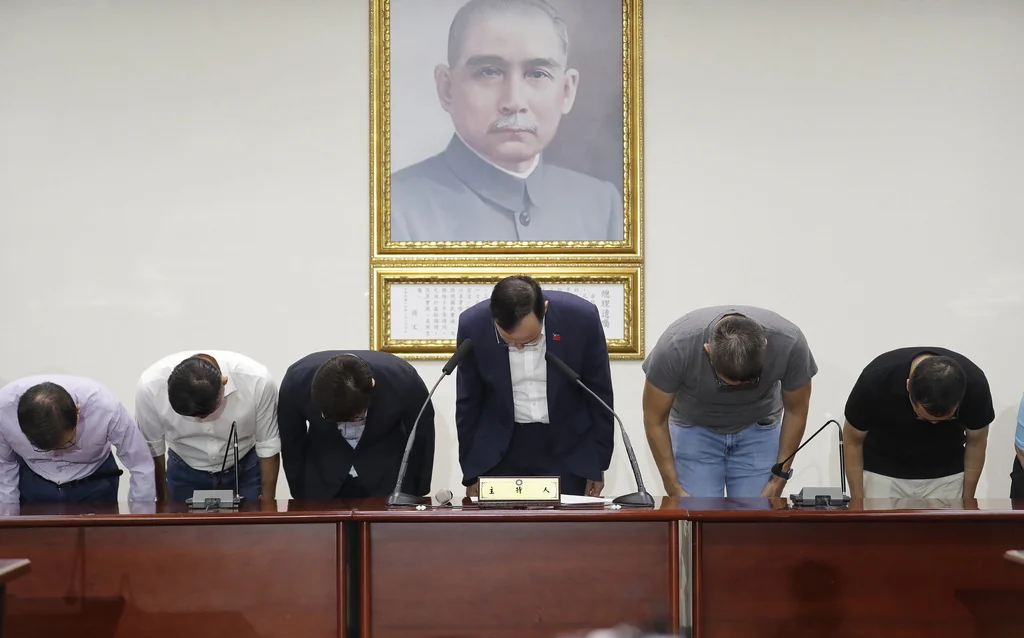
The KMT has been on the defensive for almost a decade since it lost the presidency to the DPP in 2016. In recent years, it has teamed up with the small center-left Taiwan People’s Party to block its progressive rivals’ agenda in the Yuan.
It has long been believed that the KMT is losing ground in Taiwanese society due to its professed desire for a reunification with mainland China in a hypothetical post-communist state, a far-flung prospect that does not resonate as deeply with younger generations who grew up without attachments to the continent.
Whatever drove voters to back the conservatives against replacement has reinvigorated the right wing.
“I think the KMT demonstrated that it still has a pretty impressive ground game, an impressive ability to mobilize its supporters and turn them out to vote,” Sacks said. “I think that what I anticipate from them is that with the momentum behind them, they’re going to be just as, or even more, obstinate in the legislature in opposing President Lai [Ching-te]’s agenda.”
The outcome was so disappointing for the DPP that Secretary-General Lin Yu-chang tendered his resignation, accepting responsibility for the outcome despite previous DPP claims that the recall was a grassroots movement not spurred by the party.
“What we need least is to make excuses for the outcome, but instead to move forward,” Lin said.
KMT Chairman Eric Chu celebrated the outcome as a “big victory for Taiwan’s people” and proof that Taiwanese democracy is “mature and great.”
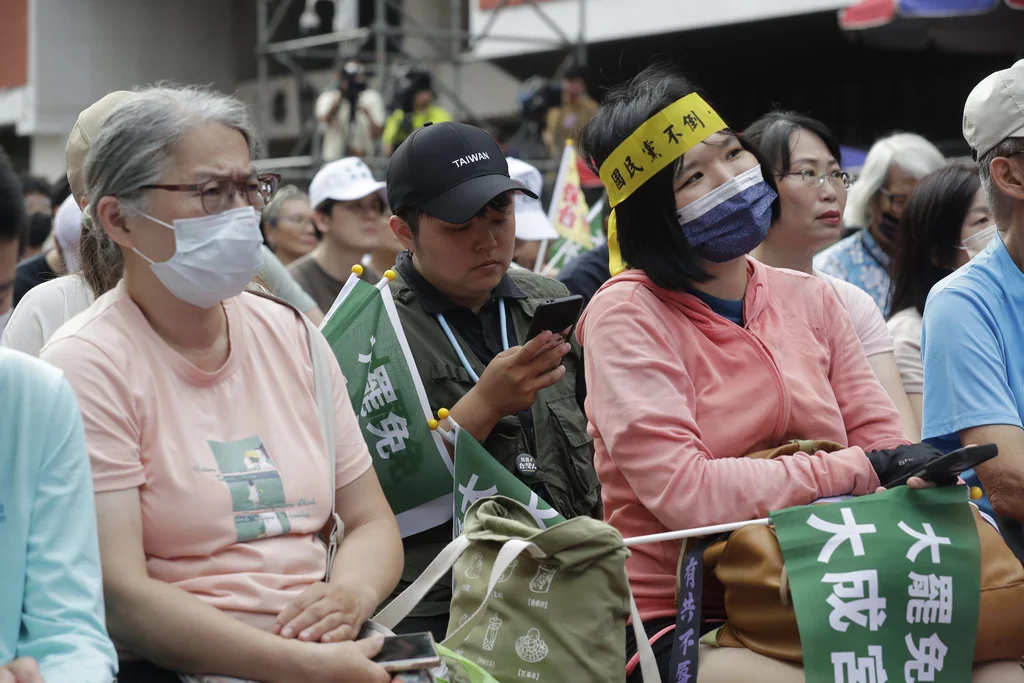
“Taiwan’s people have chosen stability and believe that the government should focus on getting things done, not engaging in political infighting,” Chu said during the post-election press conference with fellow party leaders. “No one should seek one-party dominance.”
The Chinese Communist Party has been taking a victory lap after explicitly denouncing Lai’s party ahead of the recall, having previously accused the president and the DPP of overseeing a “fake democracy” with “real authoritarianism.”
The mainland holds special malice for Lai, who, before being elected president, described himself as a “pragmatic worker for Taiwan independence.” Since taking high office, he has made efforts to soften this position.
“Today’s outcome is neither a victory for one side nor a defeat for the other,” Lai said on social media following the results. “Both supporting and opposing a recall are legitimate rights of the people guaranteed by the Constitution.”
Foreign Ministry spokesman Guo Jiakun spoke with the press on Monday and rebuked both the failed recall and the concept of Taiwanese independence.
“The results of the vote demonstrate that the DPP authorities’ political manipulation goes against the will of the people on the island and finds no support,” he said.
VOTERS IN TAIWAN REJECT BID TO OUST CHINA-FRIENDLY LAWMAKERS RECALL VOTE
He added, “Let me stress that there is but one China in the world, and Taiwan is an inalienable part of China’s territory. The Taiwan question is China’s internal affairs, which brooks no external interference.”
The KMT faces a second and final round of recalls on Aug. 23, when seven more opposition lawmakers will be voted on.
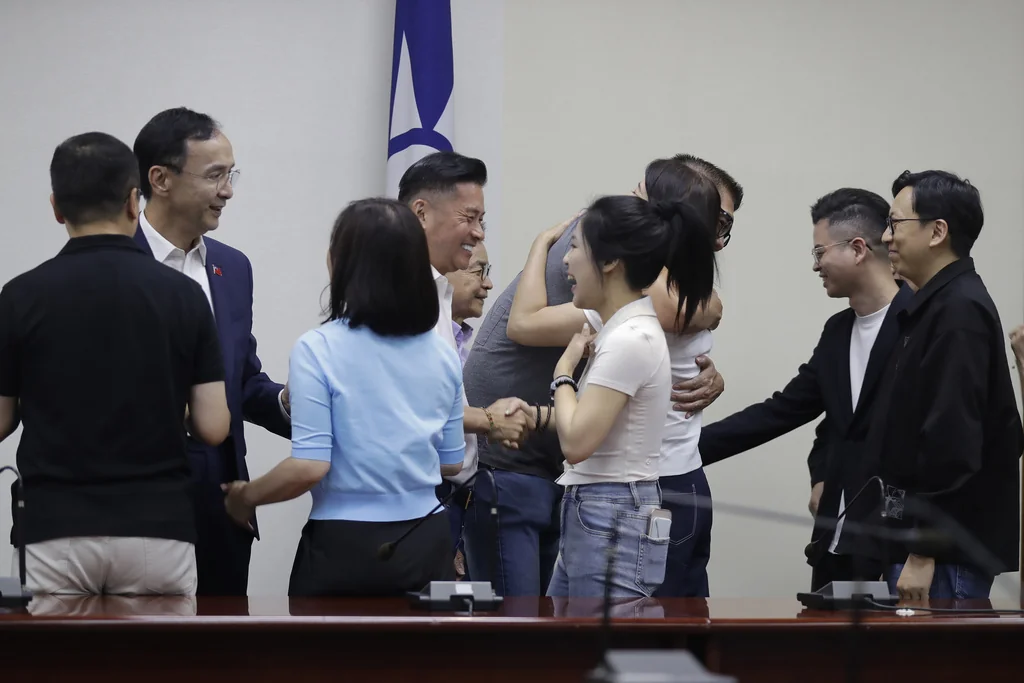
Buoyed by the weekend’s success, party leaders are confident their majority in the Yuan will survive but vow to take the threat seriously and roll out a comprehensive ground game.
The legislature will face another round of possible shake-ups when by-elections are held later this year.


